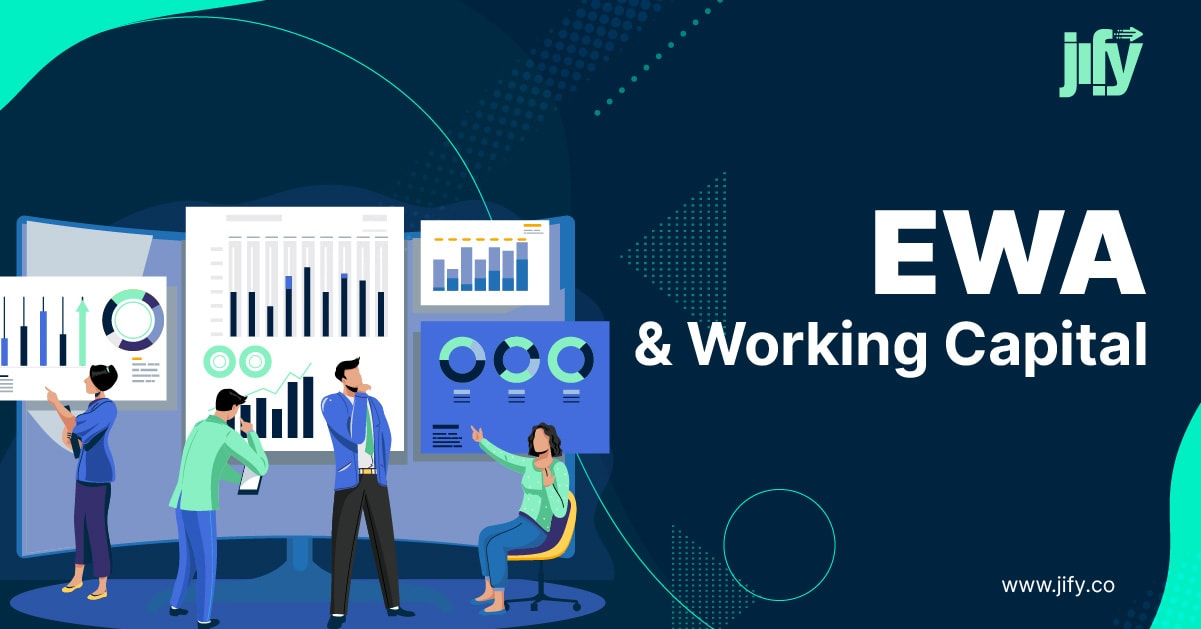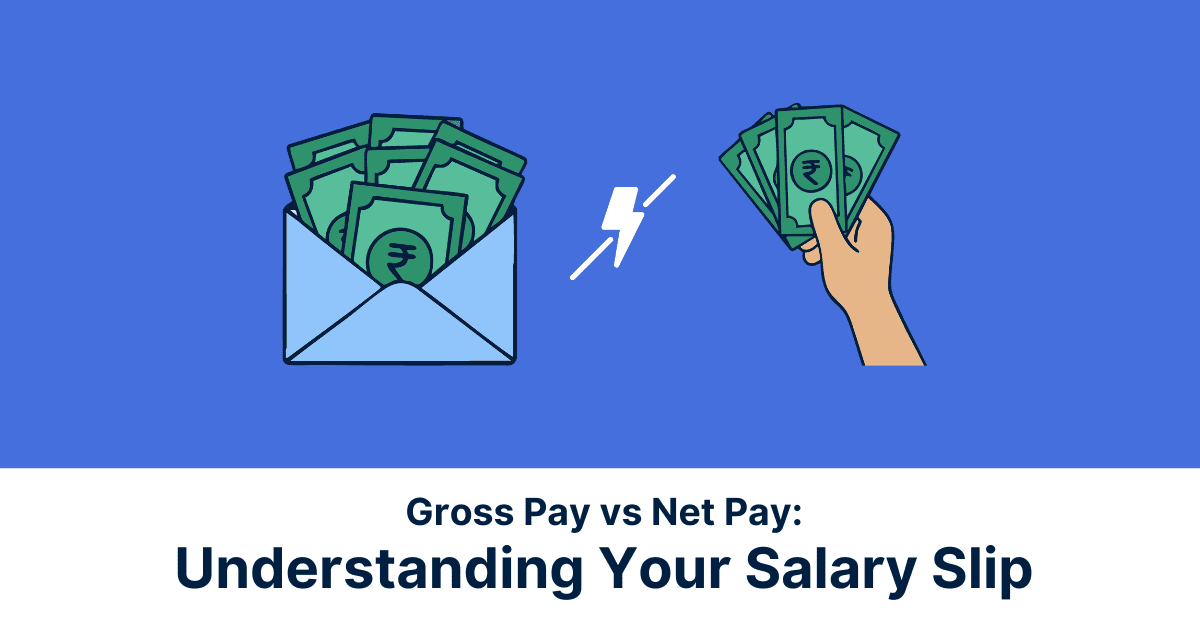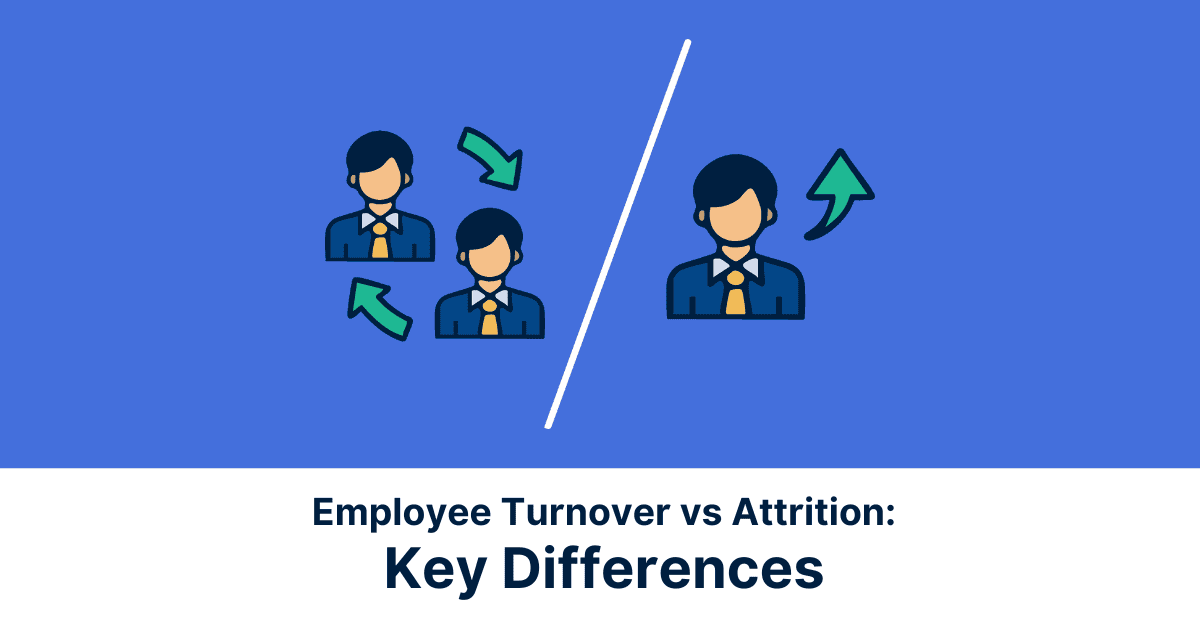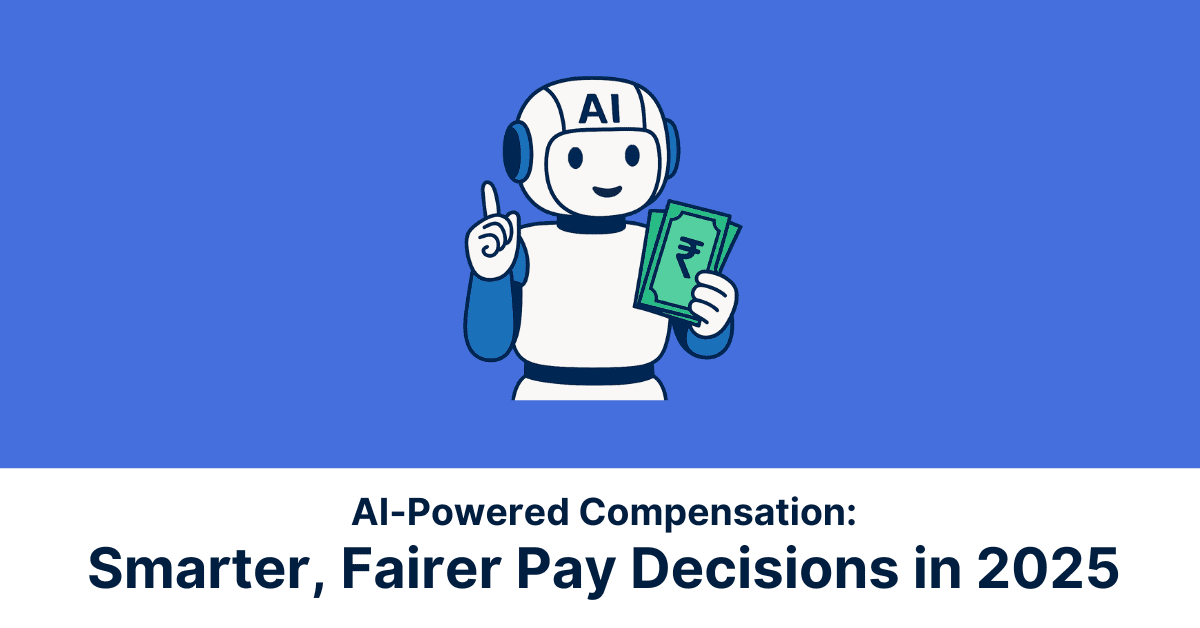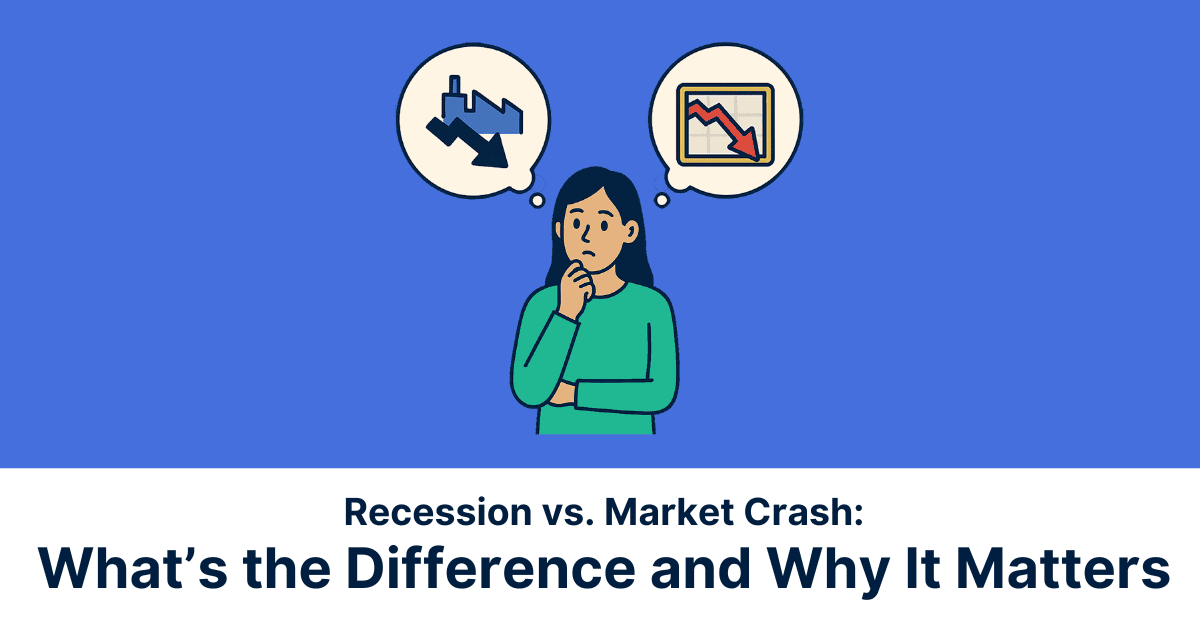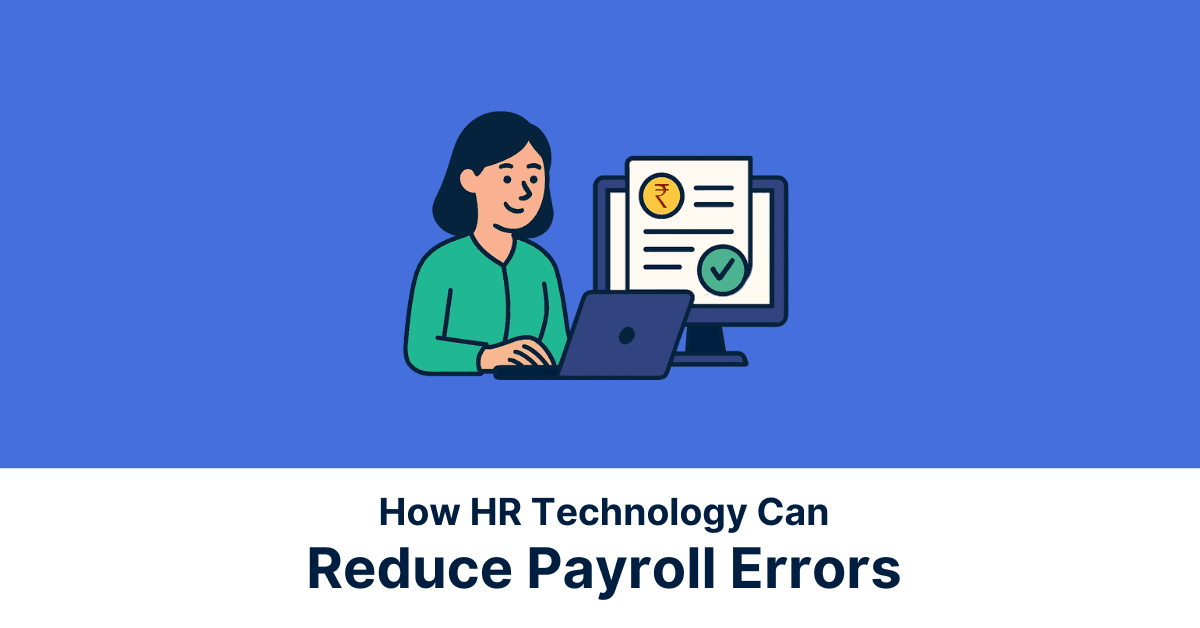Working capital management is one of the core areas of financial optimization in every company. Apart from the cash outflow for property and utility expenditure, salary and wages compound to the core amount of the working capital. Though working capital optimization is practised at several levels on a quid pro quo basis, salaries and wages are often left out of the equation. Since organizations require employees, optimization of operational capital for human resources is seldom feasible. Hence, the working capital expands year-on-year, and another department sees a revision in its next year’s working capital.
Salary disbursement and working capital
Salary is one of the biggest components of the working capital in any organization. The composition of salaries and wages to the employees of the organization is quite significant; additionally, every organization needs cash flow to fulfil the advance salary requests submitted by their employees.
Though employers fully support advance requests, the summation in salary reserves is often unpredicted. So, despite being a reservoir liquid cash, the salary reserve acts as a non-performing asset. Since the need for advance salary is mostly unannounced, employers face limitations to process as many advances requested by employees.
Managing the working capital more effectively
Re-channelization of Funds in Working Capital
With on-demand salary, the reserve in working capital for advance requests can be reduced as a third-party, earned wage access partner processes and credits salary advance requests. Thereby, companies can channel the funds to other business channels.
Direct Savings for Teams involved in Payrolls
Since earned wage access provides employees with multiple withdrawals between two paydays, the payroll processing team can align their focus on other matters, leaving processing salary advance requests to an on-demand salary partner.
Hidden Costs Involved with Advance Salary Requests
Another indirect impact of salary requests on working capital is in the form of hidden costs. Ideally in an organization, employees must submit a formal request via email to the human resource team for advance salary, the request is then evaluated, and a decision to disburse the amount is sanctioned. The finance team then asks the bank to process the payment. Usually, this process takes hours, at times days at a stretch; the employee in the need of money is stressed, and this affects his/her performance. Meanwhile, other teams are invested in the process, hence investing hours. The same time could have been utilized in other tasks at hand, resulting in efficient utilization.
These hidden costs can easily be avoided by partnering with an earned wage access and advance salary partner.
The Essence of Time
An employee usually requests advance salary from the employer when it is urgent. And, urgency is the textbook definition of “bad timing”. Conventional advance salary processing is a time-consuming task with inter-dependability on several stakeholders. Whereas, streaming advance salary through a financial wellness partner is quick, convenient and highly efficient.
Conclusion
In the end, adopting modern methods of handling and processing salary requests does assist in an overall efficient working capital management. There are a few earned wage access partners in India, who provide secure salary streaming for on-demand pay as well as advance salary.
*Disclaimer:
The information contained herein is not intended to be a source of advice concerning the material presented, and the information contained in this article does not constitute investment advice. The ideas presented in the article should not be used without first assessing your financial situation or without consulting a financial professional.
